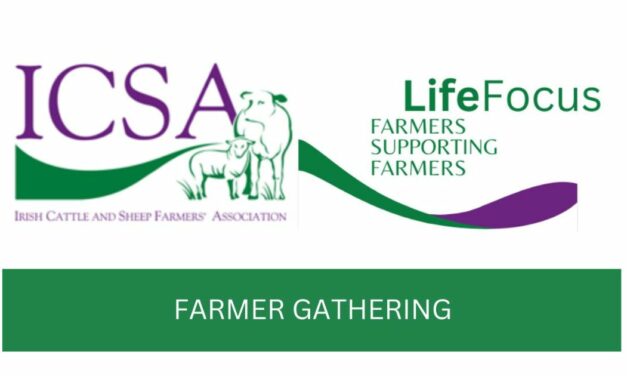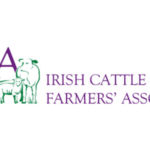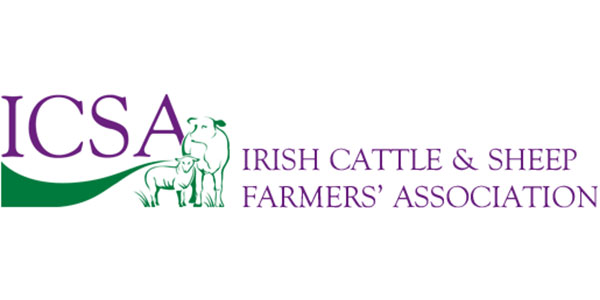4th November, 2015
The ICSA took the opportunity to put beef and sheep issues firmly back on the agenda at the hearing of the Oireachtas Committee on Agriculture, Food and the Marine yesterday, (Tues November 3rd). ICSA president Patrick Kent set out the challenges facing the beef and sheep sectors, warning that the difficulties in the dairy sector cannot deflect attention from the long term difficulties of beef and sheep.
Referring to the proposed Transatlantic Trade Investment Partnership (TTIP), Mr. Kent made it clear that the beef industry was very vulnerable with beef coming under threat with several bi-lateral trade talks in progress. A recent impact analysis on TTIP conducted by Copenhagen Economics concluded that beef was the likely loser whereas dairy might gain. “ICSA is very concerned that the cumulative impact of potential deals with Canada, USA, Australia/New Zealand along with the ever present threat of South-American beef leaves Irish farming in a very vulnerable position”.
Mr. Kent then went on to criticise the inequities in the food chain. “The finances of every farmer are very transparent but we know nothing of the margins made by multinational retailers when it comes to key products such as beef and lamb. We have over regulation of farmers but hardly any regulation further down the chain”. He called for the setting up of a European Authority or regulator to investigate who gets what from the food chain. He also called for greater scrutiny of the processing sector referring specifically to angle of neck cut and level of trimmings of the carcass in meat plants.
ICSA also believes that factories should not be allowed to own and control feedlots as they are having a huge impact on the store and beef trade and farmers are the losers. This is the type of thing that should be scrutinised under competition law. Mr. Kent also expressed frustration that the beef forum has failed to resolve the 30 month issue.
Turning to sheep, Mr. Kent said ICSA is calling for a sheep scheme to be introduced which could be funded up to 25m per annum within the Rural Development programme limits, or with a small top up from exchequer funds. ICSA is also concerned that EID sheep tagging of lambs destined for slaughter will be very uneconomic for many sheep farmers.
In conclusion, Mr. Kent urged the committee to keep beef and lamb to the forefront of the political agenda and he pleaded for a more open and transparent debate on the GM issue and he sought information as to who lobbied against the GM opt-out.
ENDS






